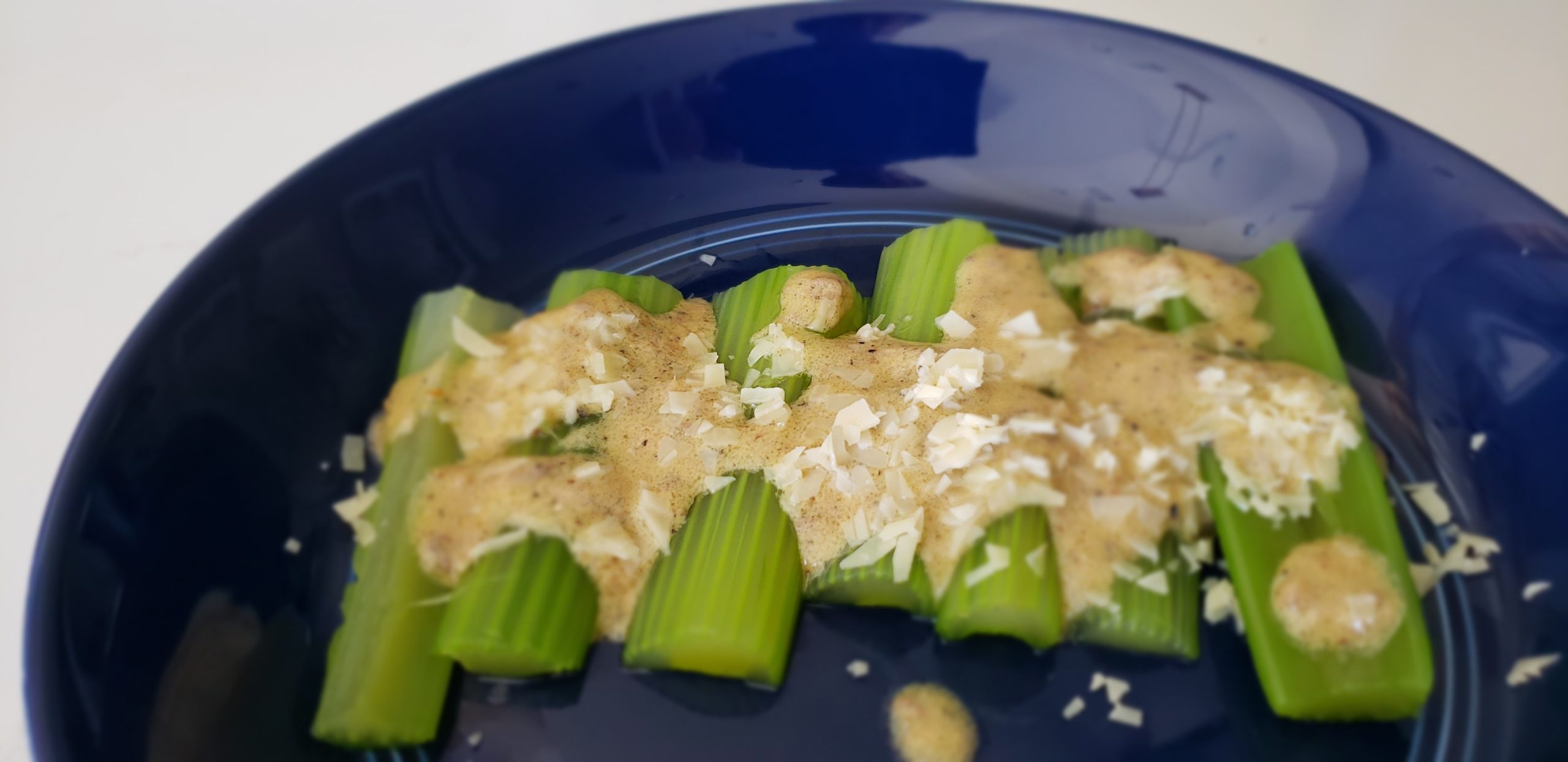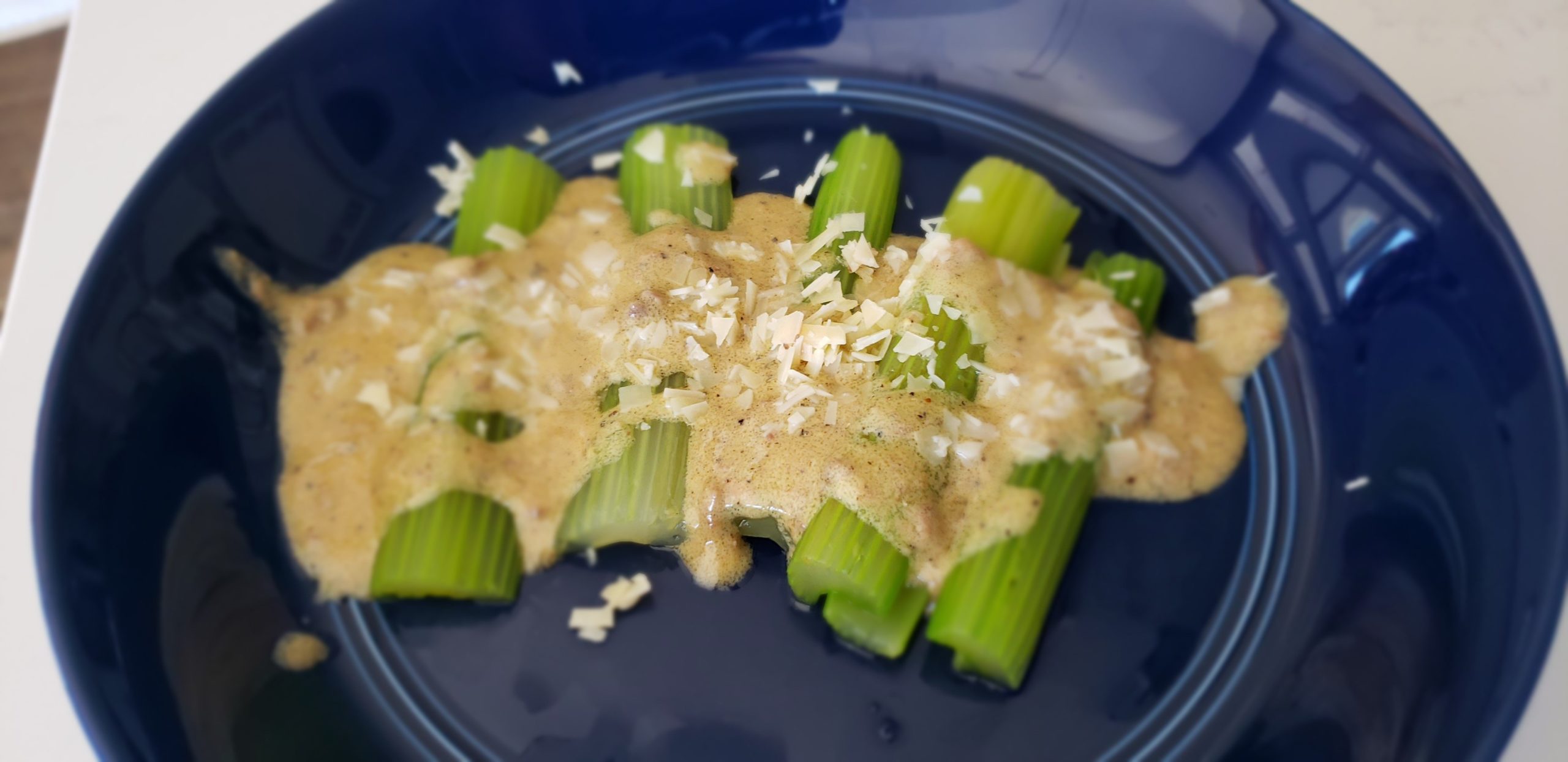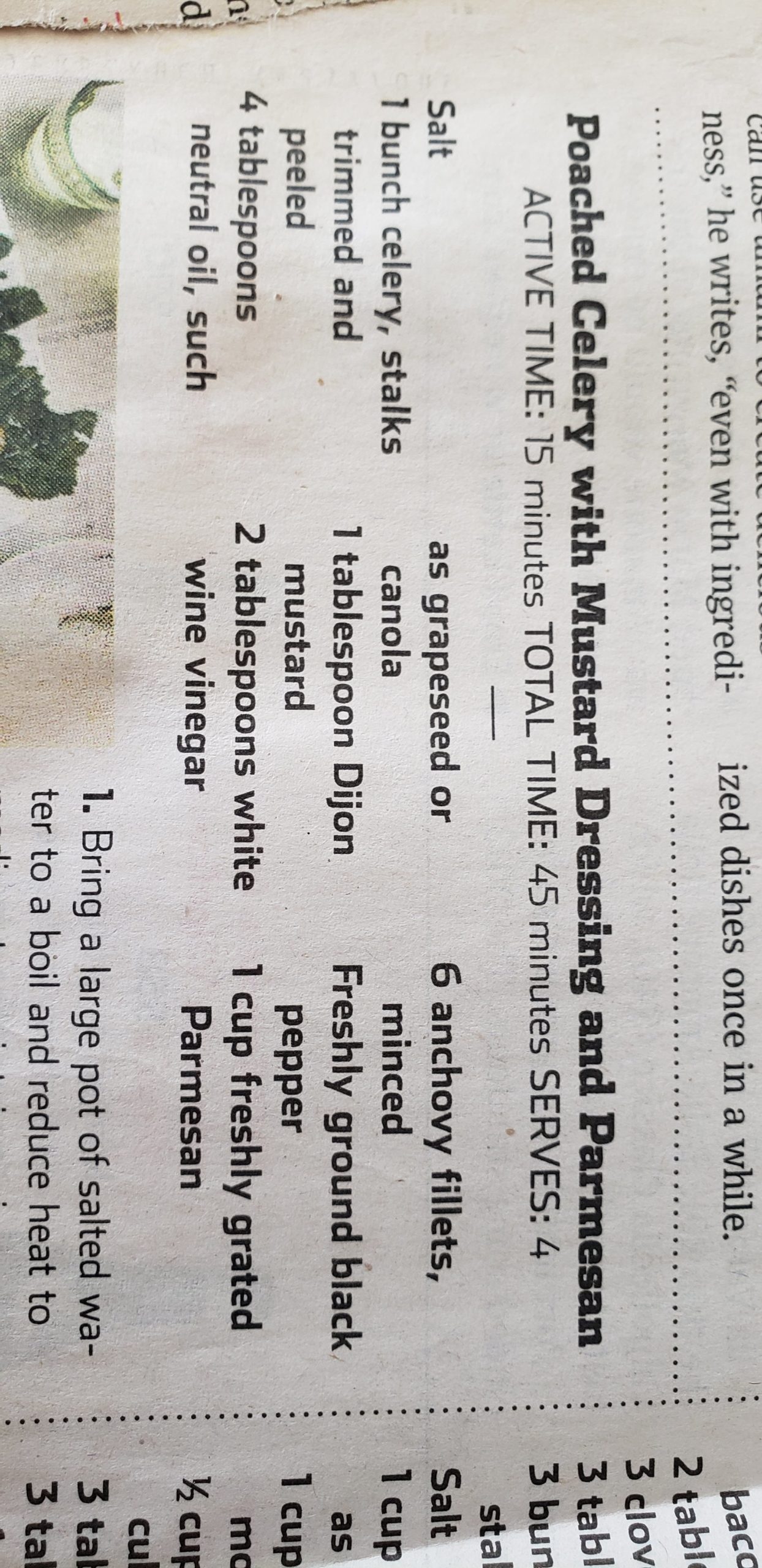The Power of FLOW
Our mind is a beautiful thing and we can learn to perform many differnt tasks thanks to adaptability. But how do we maximize our ability to think? In our hectic and sometimes unpredictable world, there are distractions abound: TV, Facebook, phone calls, texts, in-person interactions, only to name a few.
But when we are with ourselves, when we focus on a task or if we start thinking about a problem to explore solutions, something wonderful can happens: we get lost in the problem, boundaries melt away and we become ONE with it. This total immersion with the task, forgetting everything around you is called FLOW.
You might have experienced it under pressure, when you took a difficult exam. Or you might have felt it when doing a project you always wanted to do. I remember experiencing it the first time in high school during math exams, when I lost the sense for time and I was in the zone. Those exams where I experienced flow ended up usually with top grades – which provides positive re-inforcement. Ever since have I become addicted to flow. Unfortunately flow is a fleeting feeling, it’s precious and it can’t be forced. Almost a little bit like love.
But there are things you can do to increase the chances to experience it. Here’s what I’ve found works for me:
- Remove Distractions – any interruptions can easily catapult you out of the zone
- Think about the outcome in glorified ways – i.e. how cool would it be to design the first airplane that is modular and can be reconfigured at will for different missions? – A dream of mine. Or: This idea of mine will revolutionize this field (I’m still working on this one 😉 )
- Think of people who inspire you. Role models or just people you want to impress – your parents, your wife/husband, a friend, a person you like and cherish, but they don’t even know you exist (You’re imagining how impressed they would be with your work once they learn about it).
- Get started – things will evolve from there
- Take charge, drive things forward – this sense of control is very empowering for open ended problems
- Set aggressive goals as you become better at getting into the zone – did I mention above airplane is mass produced from recycled materials and costs less then a car? (There’s a fine line between visionary and madman)
From a psychological point of view FLOW is a zone where inherent motivation pushes you to perform at the max of your abilities without being interrupted. It is eu-stress, the positive kind of stress your mind and body can experience. You’re becoming one with the task, you have laser sharp focus, and you are fully task saturated. That leads to a deep feeling joy and contentment. You’ll not want to stop. And in the end you’ll be exhausted in a good way. Kids are very good at it. When they lose themselves in play (alone or in a group) it is one of the most beautiful things to watch. They’re very good in make-believe games, a key ingredient to experience flow. There is no spoon.
FLOW is the process, not the outcome. Focusing on the outcome removes the mind’s focus on wanting to control FLOW. By doing so you increase your chances of experiencing it. But the outcome of an activity is not FLOW – the process itself is. An outcome can also be achieved by grit. But grit is not to be mistaken for FLOW. It’s lacking the deep sense of joy and contentment in the process.
So set yourself up, create the right conditions for FLOW to happen. Then apply yourself, dive in and enjoy. As with all things in life there are no guarantees. So it might or might not happen for you in this instance. There’s no way to tell upfront. But when it does it’s one of the most amazing things to happen. And once you had it happen you want to experience it again and again.
Also a word of caution: you can be experiencing FLOW but working on the wrong tasks (only knowable in hindsight). When you’re turning off judgement to lose yourself in an activity that the rest of the world might or might not agree with, then you’re removing yourself a little bit from reality and might just go down a rabbit hole that doesn’t lead you anywhere. In the worst outcome you’re going to harm people around you. Just be aware of the risk here.
Birthday whipped cream for 1-year old Radar (85 lbs!)
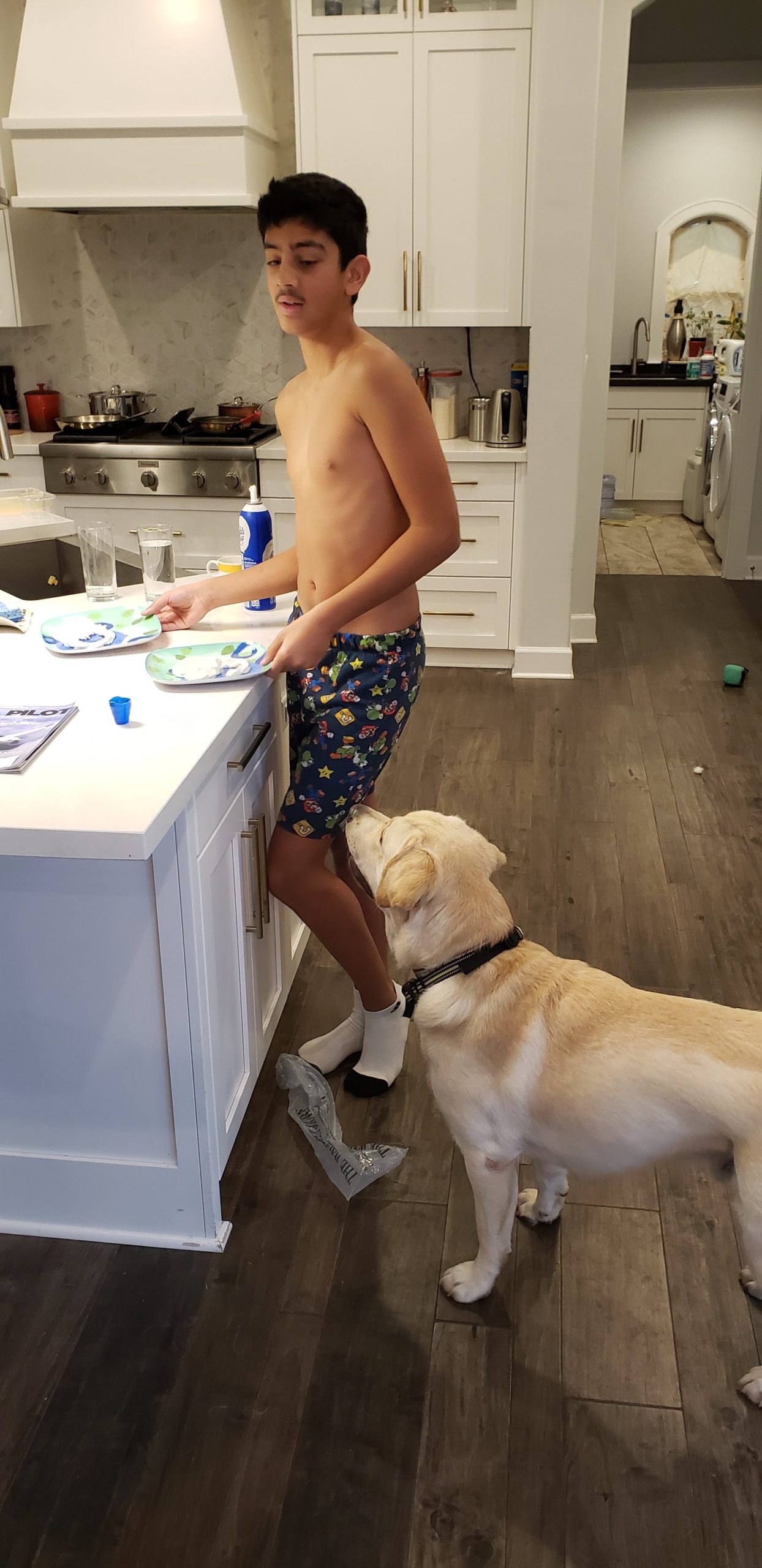
Caribbean Coconut Shrimp Rice
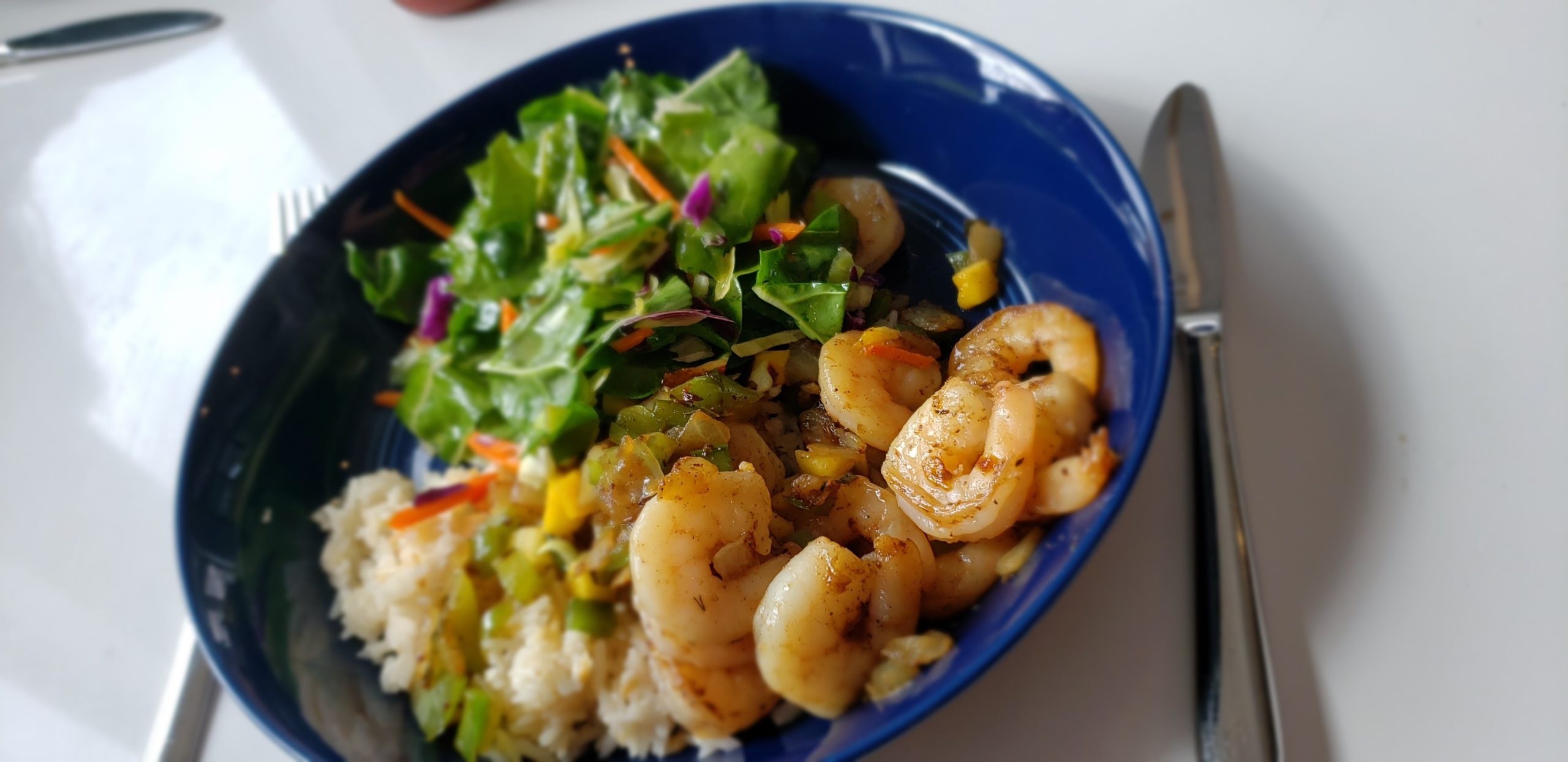
Prof. Frances Frei on empowering others as a Leader
Jan-14 – dinner
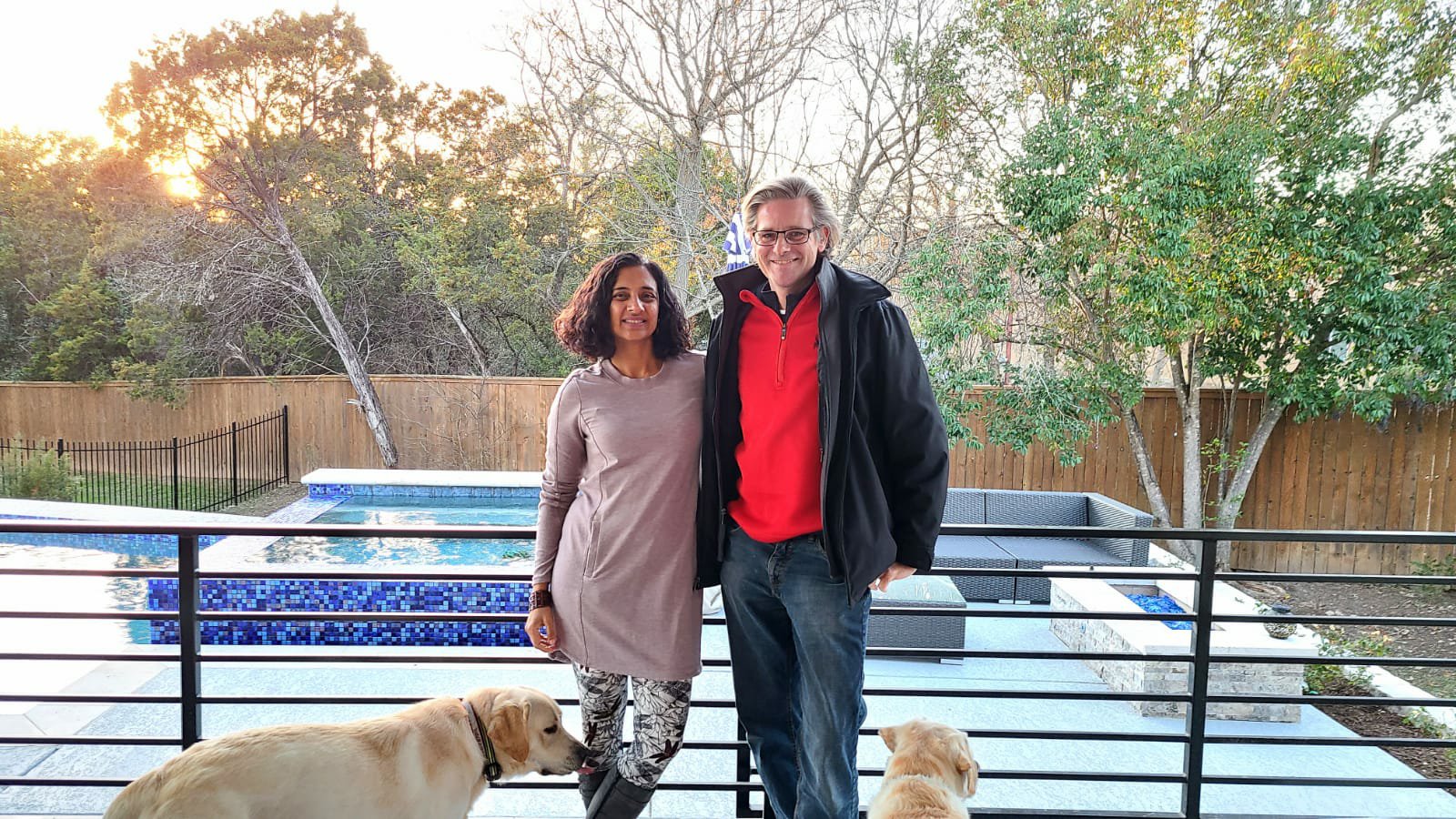
Jan-14 – dinner

COVID-19 – A Long Term Challenge
During this pandemic our ability to deal with a new and invisible threat is being tested. The stamina required to stay successful in avoiding the sickness is a daily challenge. It requires focus, determination and grit. As engineers we are used to solving challenging problems and many of us are mental marathoners – so we’re well equipped to take on this quest. But it’s important to take care of ourselves, our mind and our body, to enable us to endure – one day at a time. Routine is our friend. We don’t need to invent a new way to deal with this virus threat every day, we just need to keep exercising safe behaviors over an extended period of time. Nurturing the body and controlling our thoughts to stay healthy is the goal. Here’s what I’ve found works for me:
- Sleep well
- For me that means getting up at 6:15a and going to bed at 10:38p. – Every day, including Saturday and Sunday
- Not having to travel in different time-zones has allowed my circadian rhythm to settle into a stable pattern. I sleep like a baby.
- Limit caffein intake to first half of the day and no screen time after 6p if at all possible. Use blue screen filters. I used to have insomnia in my early 40ies and cleaning up your sleep is important.
- Limit or reduce alcohol consumption – alcohol is a depressant and ruins your deep sleep.
- There’s nothing wrong with an occasional glass of wine or your favorite beer (I wouldn’t recommend hard liquor) – but know that the short buzz isn’t free and will have effects on your body for multiple days.
- I aim to eat healthy and to eat early. High quality ingredients – you know the drill. The earlier you eat, the better you sleep. I try to be done eating by 7p. Many times I eat at 6p. No evening snacks. Just water.
- Exercise – I roll out of bed at 6:15p and go running first thing in the morning on an empty stomach. Sounds awful. – It was, for the first month. You get over it and you’ll be better off for it for the rest of the day. Just do it! Unless you have a physical impairment, I don’t care how you do it, just get out there and run or lift stuff. I didn’t work out for the first 40 years of my life and this one is powerful source of energy and clarity of your mind. The old Greek’s already knew of the body-mind connection. It’s still there today.
- Control your thoughts – don’t let others influence your fears.
- Limit news consumption to no more than 10min per days and only during the first half of the day. There’s nothing so important to be dealt with at night. Remember you’re at home!
- No email after 10p. – That means being done with the last reply by 10p.
- Know what you can change and what you cannot. Then move on. You owe it to yourself to not not drown in thought circles that can’t resolve. If you catch yourself in one, actively break out.
- Meditate. Preferably after physical activity. Minimum of 10min in a row of quiet time of meditation every day works wonders. If you can’t meditate. Sit still for 10min with your eyes closed and write down any thought that’s on your mind on a piece of paper.
- Create social events – socially distanced garden parties, group hikes, outdoor camping, zoom socials – all those things still work. We’re social animals and need to feed this desire. Schedule social time consciously with people you care about. Then do it more often!
- I keep a clean separation of work and leisure at home. Physically and time wise. I go for a walk in the sun to end my work day officially. I work in the evenings, too, but that is extra.
- And try something new. During the pandemic I have (tried) to learn to play the guitar (and failed), re-learned welding, got an add-on rating for my pilot’s license, practiced a new piece of music on the piano, picked up asian Wok cooking, started an herbal garden, got a puppy and trained him. There were failures, too: my car is still expired with an inspection sticker from 11 months ago, the garage is still a mess and I’m overwhelmed by the constant mess in the kitchen. But that’s OK.
- Count your blessings. Think of two things every day you’re grateful for. This one sounds cheesy, almost taken from a self-help book. But try it, it works. It’ll give you perspective.
- Now that you’ve taken care of yourself, give back to others. There are people a lot worse off in this pandemic than you and I (If you read this you have a computer). People who don’t have the ability, education or discipline to be as lucky as us (I still call it luck intentionally) to live through this strange period of time. Give with generosity and a smile. Compassion pays strangely big dividends that can’t be measured in hard cash.
All this is not to say I don’t have bad days. I do. If that happens I give myself a break. I treat myself to something special (that ice cream, that book, that expensive take-out food, that streaming video I wanted to watch). But this routine helps me to push through and get back to happier and more productive days quickly.
Remember this is a marathon. Staying vigilant is hard. But we’re well equipped to take on the challenge.
Cuteness
10 years apart. 2.5yrs, 12.5 yrs.
Poached Celery with Mustard sauce
